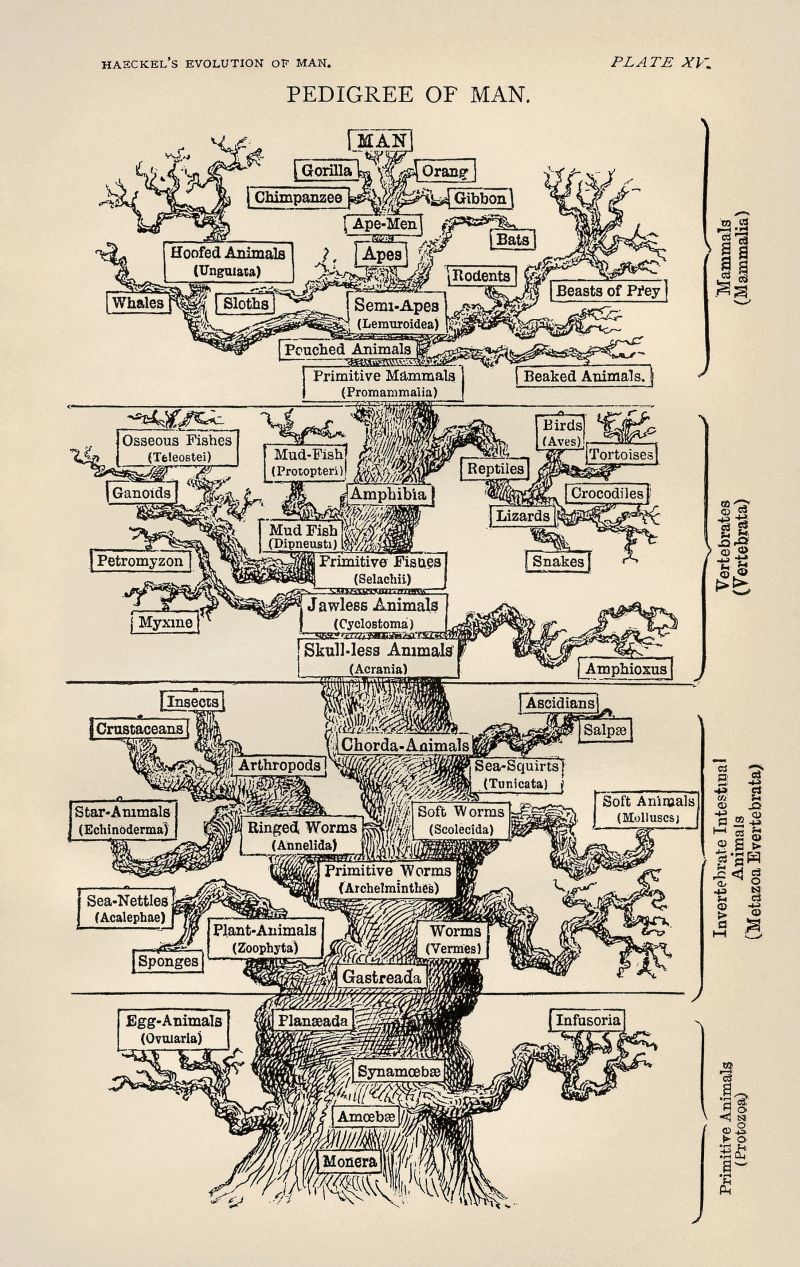Most of the visualizations we use to remember things are atomic. By atomic I mean that you cannot divide the visualization without ruining it, and connections to other visualizations are not as strongs connections within the visualization. Such visualizations are not a part of a story, and require complex mental structures. Beginners almost never use …
Associative connections in mental landscapes
Our memory and thinking are deeply associative. Associations are critical for creativity. However, there is no clear recipe for creating associations. Instead, I suggest several options you can mix and match. If you want to improve your memory using special and new methods based on an ancient memory technique, you should take my memory masterclass. …
Continue reading “Associative connections in mental landscapes”
Ten of the most common speed reading mistakes
Speed reading is a technique that aims to increase reading speed without sacrificing comprehension. By utilizing specific strategies, readers can process and comprehend information at a much faster rate. Techniques such as skimming, scanning, and chunking text help readers identify key points and main ideas swiftly. Eliminating subvocalization, the habit of silently pronouncing words, …
Continue reading “Ten of the most common speed reading mistakes”
Memorizing tables
Memorizing tables is hard. Fortunately, there are not many people that need to memorize many tables and not many tables that most of us need. There are some adaptations for regular mental structures and some specific memory structures which work best with tables. Please consider the pros and cons of each approach. Tables of contents …
More is less: add details to FACILITATE memorization
Many of my students try to remember a “marker” of just one word. This is a hard and counterproductive exercise. A word without any context is abstract. Remembering a chunk of multiple words in the same context is actually an easier task. In some sense the “random words” exercise is much harder than remembering actual …
Continue reading “More is less: add details to FACILITATE memorization”
Longterm memory: lifestyle choice (sleep hacking, nootropics, NLP)
Suppose you want to remember something for a very long time. How do you ensure memorization? There are many methods, which can be roughly divided into three categories: reviewing the notes (revisiting), actively using (speedwriting), and lifestyle choices (sleep, food, …). Here I want to deal with the lifestyle element. It is really simple to …
Continue reading “Longterm memory: lifestyle choice (sleep hacking, nootropics, NLP)”
Search vs discovery vs ChatGPT
Search vs discovery vs ChatGPT? If we want to research something online we have at least three distinct strategies. In search strategy, we formulate keywords and read the documents that matter. When we rely on discovery we go to the sources with authority and interest in the subject area, hoping to stumble upon some relevant …
Which skills are required for accelerated learning?
We want to learn better and we want others to learn better, but what does it actually mean? Will reading a few books make us smarter? Are grades the only measure of our progress? Is there a limit to how fast we can learn? Nowadays psychological and educational science tends to be self-contradictory, yet some …
Continue reading “Which skills are required for accelerated learning?”
Formal training and informal training
Do you need a professor with a syllabus or a coach with a keen eye? Which will provide a higher return on investment? Will you actually enjoy the training and what will you accomplish? Modern students have many great choices to make, and each choice can be very expensive. What is formal training Formal training …
Accelerated learning misconceptions
What does common sense say about accelerated learning that is actually wrong? Quite a lot actually. Scientific research answers specific questions and can be misunderstood. There are so many gurus of accelerate learning out there, yet I have never seen someone as good as Anna. Why? What are the main misconceptions, and how can they …











